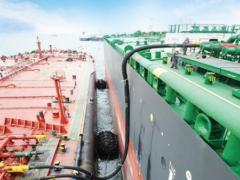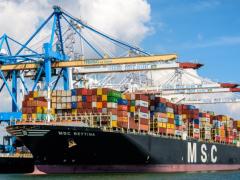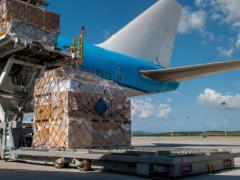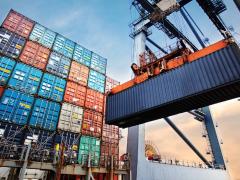The future of life sciences and healthcare logistics is not just about speed – it’s about saving lives. This was the message from Andries Retief, chief commercial officer for DHL Supply Chain EMEA, who has emphasised the critical role logistics plays as a strategic lifeline, particularly in emerging markets like Africa. “Broadly speaking, when you look at the supply chain industry over the last 10 years, you can divide it into three very distinct categories,” Retief told Freight News. “There was a time before the pandemic when the supply chain was in a recession – focused on cost management and hardly ever making it to the agenda of the boardroom. It was very much in the background. During the pandemic itself, all of us and everyone else out there became supply chain experts. “And clearly, at that time, it was very much focused on risk management and resilience. Post- pandemic, despite all the challenges that we have, and while we are still fighting for growth, we are now at a decision point. We really are at an inflection point in our industry on a global scale.” Retief identified life sciences and healthcare as one of the key global megatrends, with a major push to improve accessibility, particularly in underserved and developing regions. “There is a drive for access to vaccines and pharmaceuticals that we have not seen before,” he said. “We are at a point where we can now reimagine supply chains.” He stressed that logistics providers must understand the critical nature of their role in the sector. “Every shipment in life sciences is a pulse,” he said. “Every delivery must arrive without fail, because at the end of that shipment is a patient, possibly someone on an operating table. That’s why flexibility and scalability are so vital for us in healthcare logistics. But that alone is not enough. It must be supported by clearly defined, integrated capabilities.” In response to the complex challenges of transporting pharmaceuticals and maintaining cold chain integrity, DHL has made significant investments in its temperature-controlled logistics network, including frozen, deep-frozen, and cryogenic storage solutions tailored for the pharmaceutical sector. Earlier this year, the company acquired CRYOPDP, a move Retief described as a major milestone in strengthening DHL’s specialised capabilities in pharma logistics. “The importance of temperature-controlled networks, first- and last-mile speciality courier coverage and fully integrated solutions cannot be overstated in the life sciences and healthcare sector,” he said. LV
Unprecedented drive for access to vaccines
Comments | 0












